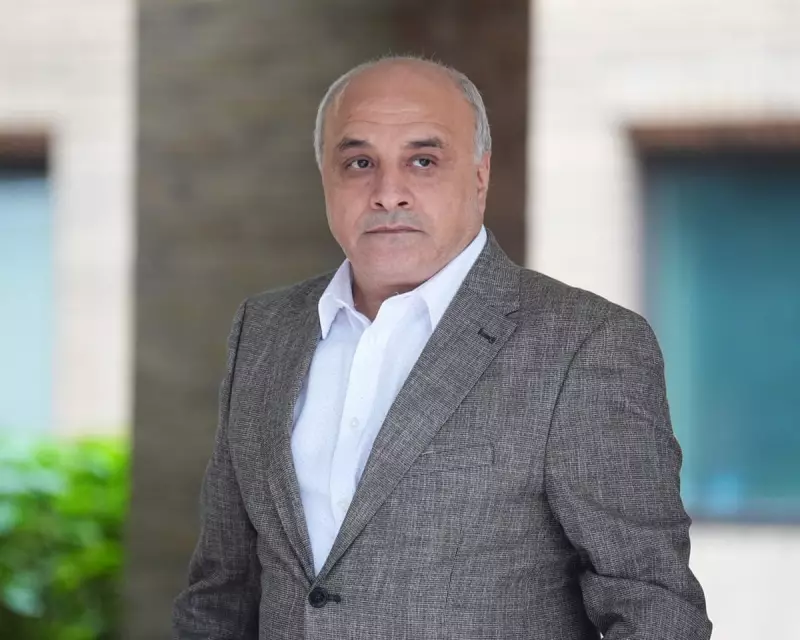
In a landmark decision that has reignited the debate around free speech protections, a London court has overturned the conviction of a man previously found guilty of burning the Quran during a public demonstration.
The Case That Divided Opinion
The original conviction stemmed from an incident where the individual set fire to the Islamic holy text during a protest in the capital. Prosecutors had argued the act was deliberately intended to stir religious hatred and cause distress to Muslim communities.
However, appeal court judges have now ruled that while the act was undoubtedly offensive to many, it fell within the bounds of protected speech under UK law. The judgment emphasised that the right to free expression extends to ideas that "offend, shock or disturb" others.
Legal Precedent and Public Reaction
Legal experts suggest this ruling could establish significant precedent for how similar cases are handled in future. The decision highlights the delicate balance British courts must strike between protecting religious communities from hatred and upholding fundamental free speech principles.
The outcome has drawn mixed reactions across the political and religious spectrum. Some free speech advocates have welcomed the judgment as a victory for civil liberties, while Muslim community leaders have expressed deep concern about the message it sends regarding religious respect and protection.
Broader Implications
This case arrives amid ongoing national conversations about the limits of acceptable protest and expression in Britain's increasingly diverse society. The court's decision underscores the complex challenges facing modern multicultural democracies when fundamental rights appear to conflict.
As the legal chapter closes on this particular case, the broader societal discussion about where to draw the line between free expression and religious protection continues to evolve.






